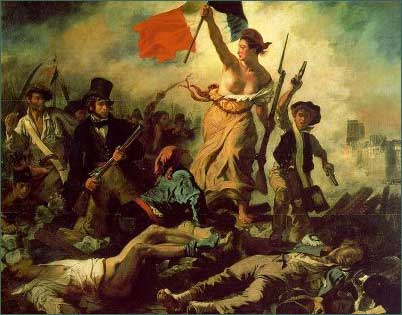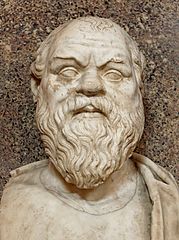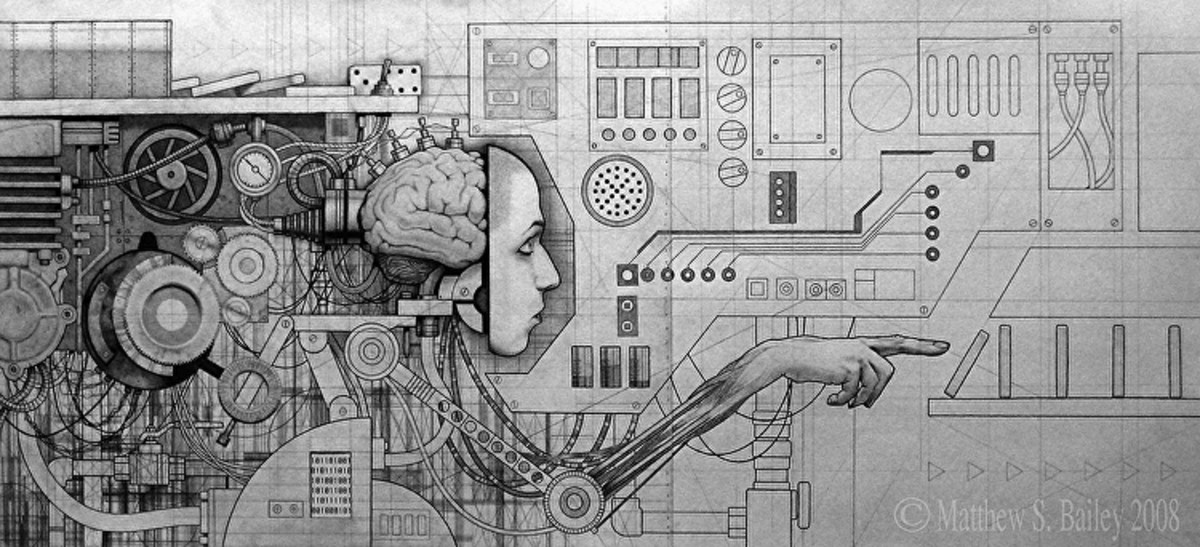Judas and our Illusory Freedom

How Many Things we don’t Think of Limit our Freedom
The protagonist of a novel I wrote some years ago was affected by a deep depression and was used to spend all his time sitting on his terrace and thinking of the many things which limit our freedom. He loved to enumerate as many elements as he could find: our freedom, he thought, is poor, because we are condemned to born and to die, we cannot choose our sex- and anyway only two are available, which would be a very limited choice - we cannot decide how we want to be – good, beautiful, courageous and so on – we are subject for the long of our life to hunger and thirst, to sexual wishes and to an infinite series of biological needs without our control.
Among all factors limiting the freedom, my character found especially frustrating that one. Like Oskar, the child of The Tin Drum, who did not want to grow, he found terrible that in no way the process of growing could be escaped. He felt this as a true violence: we born and we are grabbed by an unstoppable force that brings us to adulthood and to old age. In other words, we are programmed, and the term program does not conciliate well with the term freedom.

Existence Implies a Limitation in our Freedom
One may object that this is the price we must pay for existing in a concrete world. The life, the world as we know could not exist without some degrees of constriction: only the fact that we are something implies that we must renounce to be something else. So, we cannot think of an absolute freedom, which is a gods’ condition, but only of a limited freedom, of a freedom in some degrees. Kant has theorized this condition in his well known distinction, which applies also to the soul, between the things as phenomena and the things in itself. Our actions, considered as phenomena, are subjected to the laws of the physical world, while our wills belong to the moral world and are subjected only to the laws established by the reason . Indeed, there may be many doubts that our will can enjoy an effective freedom.

The paradox of Judas
The paradox of Judas is paradigmatic of the lack of freedom we suffer. We may read this, among the others, in the Borges’ short story Three Versions of Judas, which closes the collection Ficciones. The short story reports three more and more un-conformist visions of Judas, the apostle who sold Jesus for the famous thirty pieces of silver and has become the perpetual symbol of betrayal. But the act of betraying presumes the freedom of choosing and how could Judas be free of choosing if his destiny was already written, we may say, since ever? “Truly I say you – Jesus said during the Last Supper – that this night one of you will betray me”. The betrayal of Judas is a part of the great design of Redemption, but in this great design Judas’ will is none. He is a mere instrument of the God’s will.

The experiments of Benjamin Libet
Most of us probably agree, with Kant, that we have free will. But pay attention now to the results of these experiments conducted by the neurologist Benjamin Libet (I first read of them in the clever book Thirteen Things which Make no Sense, by Michael Brooks). Indeed, they seem to undermine our beliefs about free will. In these experiments, some people were instructed to register the exact moment which they were conscious to want to do an action (for example, watching the time). Neurologists know that each of our actions is preceded by a cerebral signal, said readiness potential Hence, the expectation about the experiments was a sequence like this: will to do the action -> readiness potential -> action. But the results were not these. The appearance of the cerebral signal always preceded the registration of the decision to do the action, by a time interval that could not be simply explained as the delay between the instant of the consciousness of the action and the registration of it. Said in brutal words: it would seem that not us, but something unknown inside us decide what we must do.

What is Free Will?
The experiments initiated by Benjamin Libet are still at an early stage and they can not be taken as the tombstone on the concept of free will, although being really bewildering. But if we do reflect more deeply on free will, we should admit that it is absolutely not easy to explain what it consists in. As Agostino, who said “I know very well what the time is, until someone does not ask me about it”, I am afraid that honestly we should conclude the same about free will. Let’s go back, as an example, to the case of Judas. We can suppose that nothing was pre-determined and that he betrayed Jesus only because he wanted to do it. But what does it mean that he wanted? If we answer: it means that he took that decision because he had good reasons to do in that way, we are lost. Because if we say that he had good reasons, we admit that his decision was taken according to a mechanism that led him to take that decision at that moment. This is the problem. A mechanism, a model or whatever we call the system which led him to decide, brings us to a deterministic chain of causes and effects which completely exclude freedom. This chain may include the genes he got from his parents, such as the set of innumerable factors which have contributed to make Judas what Judah has been.
Obviously, we might turn the question and simply answer: this was the will of Judah. We are in a trap, however, when we try to understand what the will is. The will of Judas, and Judas himself, is formed only by the events that are outside him. We can even admit that God blown an unique essence in this guy, or that he participates someway in the Absolute: but again, this would not be Judas’ will, this would be what God wants Judah’s will to be.
One the other hand, one may argue that it is no necessary to explain what we mean when we say “he wanted”. He wanted and this is enough. But this position does not explain nothing, just postulates the existence of what we call free will.
The Illusion of Freedom
After having seen the consequence of his action, Judas did not start a philosophic meditation based upon the above considerations, which would have led him to the firm conclusion that his action was or the God’s will either the result of a complex system of factors which at some moment had put him, Judah, in the conditions of betraying Jesus for the amount of 30 pieces of silver. Indeed Judas, the Iscariot, does not exist in himself, Judas too is just the result of all the events which shaped a figure the world has called Judas.
He did not do these considerations or, if he did, he preferred to believe in his responsibility and hanged to a tree. Indeed, we would better say the circumstances pushed him to feel guilty and to hang himself. This distinction, which is in theory so significant, may be not so relevant in practice. As most of us, Judas cultivated the illusion of being free. It is a legitimate and also an useful illusion. Nobody – if not God - can manage the system which makes us to be what we are and produces our actions. Nobody thus can predict our destiny. Until this is true, we can trick ourselves and cultivate the illusion that our decisions are taken freely.
Explore more....







